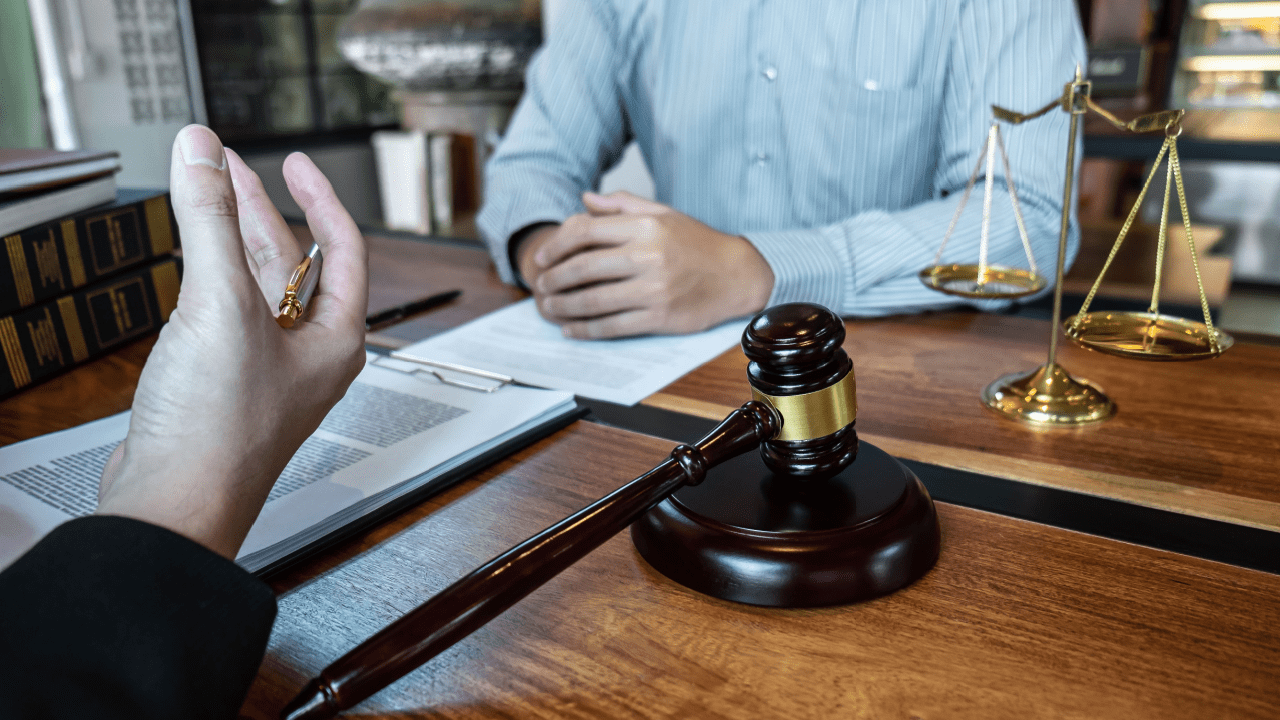- Mon - Fri: 8.30 AM - 5:00 PM
- 26565 Agoura Rd., 200, Calabasas, CA 91302
- 818-884-8075

What Is the Number One Cost of Bankruptcy? Breaking Down the Biggest Expense
Why the Number One Cost of Bankruptcy Matters
What is the number one cost of bankruptcy is a common concern for many people considering filing, especially when even a few hundred dollars feels out of reach. If you’re overwhelmed by debt, the idea of spending money to get relief can feel counterintuitive. Naturally, one of the biggest questions is what expense to expect first—and how to manage it effectively.
The answer? In most cases, it’s attorney fees. But while attorney costs are often the largest single expense, they’re just one part of the total financial and emotional equation. Understanding what bankruptcy truly costs—and how to manage it—can help you make the right decision with confidence.
Understanding the Financial Side of Bankruptcy
Before we look at the number one cost of bankruptcy, let’s quickly review the basic fees involved in a typical case. Whether you’re filing Chapter 7 or Chapter 13, there are required costs that every filer must account for.
Common Bankruptcy Costs:
Court Filing Fee
- Chapter 7: $338
- Chapter 13: $313
This fee goes directly to the bankruptcy court and is required when you file. In some cases, you may qualify to pay in installments or request a waiver based on income.
Credit Counseling & Debtor Education
- Required by law before and after filing
- Usually costs between $20 and $50 per course
- Offered by court-approved online providers
Attorney Fees
- Chapter 7: Often $1,000–$2,500
- Chapter 13: Can range from $3,000–$4,500 (paid over time through your repayment plan)
Of these, attorney fees are almost always the number one cost of bankruptcy—but they also offer the most value.
What Is the True “Number One” Cost of Bankruptcy?
When people ask what is the number one cost of bankruptcy, they’re typically referring to the biggest upfront or total expense. In most cases, that cost is the attorney fee.
Hiring a bankruptcy attorney may seem expensive at first, but it’s often one of the most worthwhile investments in the process.
Why Attorney Fees Are the Largest Cost:
- Bankruptcy law is complex—mistakes can lead to dismissed cases or lost assets
- Attorneys handle all paperwork, deadlines, and court communication
- They help you protect your home, car, and property using the correct exemptions
- In Chapter 13, they create and negotiate your repayment plan
- They represent you in the Meeting of Creditors and other court matters
Without legal guidance, filing on your own can be risky—and may cost more in the long run if your case is delayed, denied, or improperly filed.
Emotional and Opportunity Costs
While attorney fees are the largest financial cost, they aren’t the only cost of bankruptcy.
Emotional Costs:
- Filing bankruptcy is stressful—it can stir up feelings of failure or fear
- There’s still social stigma around bankruptcy, despite being a legal and responsible option
- Many people delay filing for months or years due to guilt or anxiety
Opportunity Costs:
- Waiting too long to file can lead to lawsuits, wage garnishment, and asset loss
- Debt balances can continue to grow due to interest and late fees
- You might drain retirement savings or take out high-interest loans to stay afloat, only to file later anyway
Sometimes, the cost of not filing is greater than the cost of filing—especially if bankruptcy could have provided protection and relief sooner.
How to Make Bankruptcy More Affordable
If attorney fees are your biggest concern, the good news is that many bankruptcy lawyers understand your situation—and offer solutions to help.
Options That Make Bankruptcy More Manageable:
- Payment Plans: Many Chapter 7 attorneys offer installment plans or split-fee options
- Pro Bono or Legal Aid: Low-income filers may qualify for free legal help from nonprofit organizations
- Flat Fees: Most bankruptcy attorneys charge a flat rate so you know what to expect
- Fee Waivers: The court may waive your filing fee if you meet strict income guidelines
- Post-Filing Payments: In Chapter 13, legal fees are usually included in your repayment plan and spread over 3–5 years
It’s always worth calling a few local attorneys and asking about payment options. Most offer free consultations and will explain your choices upfront.
What Is the Number One Cost of Bankruptcy and Why It’s Worth It
If you’ve been asking what is the number one cost of bankruptcy, the answer is clear: attorney fees are typically the highest single expense. But they also provide the greatest value. From protecting your assets to ensuring your case moves forward without delay, an experienced bankruptcy attorney can make the process smoother, faster, and far more effective.
While emotional and opportunity costs are real, delaying action can often lead to worse outcomes—like wage garnishments, lawsuits, or financial collapse. Filing with the right support can offer peace of mind, legal protection, and the chance to start fresh.
Need Help Navigating Bankruptcy Costs? Speak with a Legal Expert Today
Still unsure about what is the number one cost of bankruptcy—and whether it’s worth the investment? Legal Brand Marketing connects individuals with knowledgeable bankruptcy attorneys who offer flexible payment options, transparent pricing, and proven guidance through every step of the process.
Don’t let cost stop you from getting relief—schedule a free consultation today and find out how bankruptcy can work for your situation.
Frequently Asked Questions (FAQs)
1. Why are Chapter 13 attorney fees higher than Chapter 7 fees?
Chapter 13 cases are more complex and involve creating a 3–5 year repayment plan, which requires ongoing attorney support, court approvals, and modifications, justifying the higher fee structure.
2. Can I negotiate bankruptcy attorney fees before hiring a lawyer?
Yes. Many attorneys offer free consultations and may be willing to discuss fee flexibility, payment plans, or bundled services depending on your case and financial situation.
3. Are bankruptcy costs tax-deductible?
Generally, personal bankruptcy costs are not tax-deductible. However, it’s best to consult a tax advisor to understand if any exceptions apply to your specific situation.
4. What happens if I can’t afford the full attorney fee upfront?
Some attorneys offer installment plans, reduced-fee services, or allow post-filing payments, especially in Chapter 13 cases where legal fees can be included in your repayment plan.
5. Do bankruptcy attorneys charge by the hour or flat rate?
Most bankruptcy attorneys charge a flat fee, especially for Chapter 7 cases. This gives clients predictable pricing without hourly billing surprises.
Key Takeaways
- Attorney fees are the number one cost of bankruptcy for most filers—but they provide critical legal protection and peace of mind.
The cost reflects the complexity and value of professional legal support in securing a successful discharge. - Other common bankruptcy costs include court filing fees and mandatory credit counseling courses, which are significantly lower in comparison.
These smaller costs are usually fixed and more manageable. - Emotional and opportunity costs—like stress, delays, and worsening debt—can outweigh the financial cost of filing.
Bankruptcy often prevents deeper financial and personal harm when filed at the right time. - Payment plans, legal aid, and flat-fee structures can make bankruptcy more accessible—even for low-income individuals.
Help is available if you’re willing to explore your options. - Delaying filing due to cost concerns can lead to greater long-term losses through lawsuits, wage garnishments, and asset depletion.
Acting early can help preserve more of your financial future.



